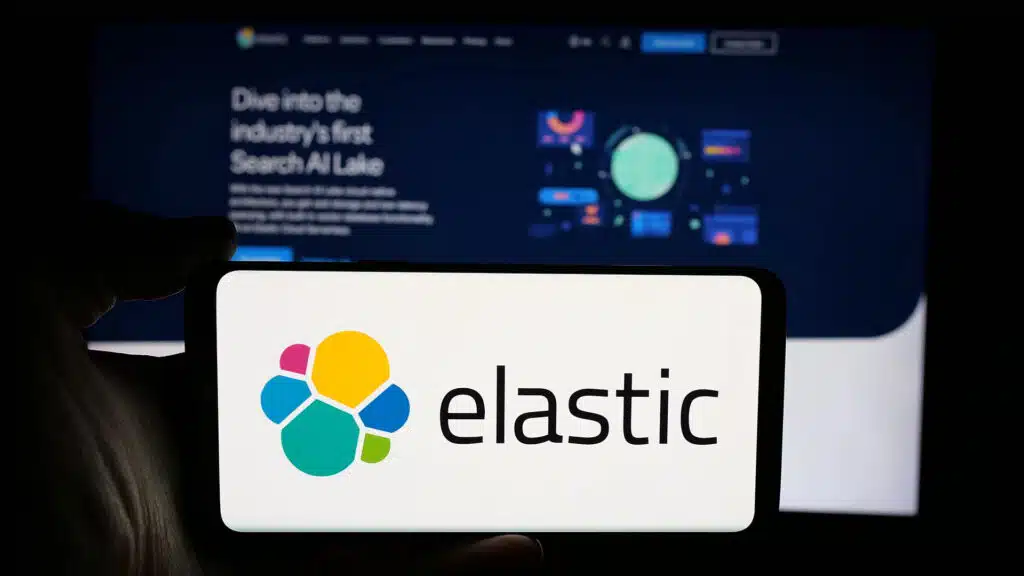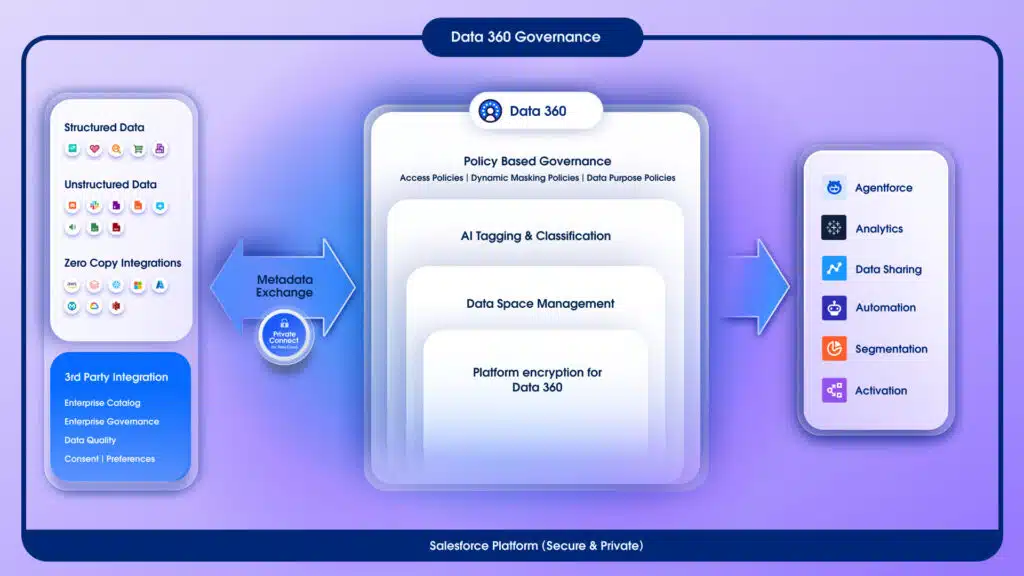The News: At its Oracle Health Conference, Oracle announced several significant enhancements to its healthcare solutions, including new cloud-based electronic health record (EHR) capabilities incorporating generative AI services, the availability of public application programming interfaces (APIs), and a new Digital Clinical Assistant. These innovations are designed to create better experiences for providers, patients, and partners via workflow and experience improvements.
You can read a Press Release containing details of the announcements at Oracle’s site.
Oracle Announces AI-Powered EHR and Clinical Digital Assistant
Analyst Take: Oracle announced several technology enhancements to its healthcare-focused offerings at its Oracle Health Conference, highlighting new capabilities in its next-generation Oracle Health EHR platform via the incorporation of generative AI services, the availability of new public APIs, and the introduction of its forthcoming Oracle Digital Clinical Assistant.
Oracle’s Enhancements to Its EHR Focus On Improving Workflow and Accuracy
Oracle’s latest version of its EHR provides patients with a secure portal equipped with several technology enhancements designed to allow them to input or upload health data quickly and easily, leveraging advanced document recognition, computer vision, and voiced-activated services, which also can be used to schedule appointments and view lab results.
The new functions in Oracle’s EHR are powered using generative AI, which allows patients to not only quickly take actions using voice commands but also easily surface answers and insights to medical or administrative questions, simply by using their voice. The secure patient portal will also let patients access generative AI-driven answers to health-related questions such as, What is the impact of having high cholesterol? These enhancements will be connected to the patient portal, orchestrated to synchronously deliver updates, and follow up on actions directly to the patient.
On the back end, data that is ingested via the portal is automatically populated in the EHR, ensuring greater efficiency and accuracy, eliminating the time and effort as well as the errors that often accompany manual data input.
According to Oracle, customers will be able to adopt these platform capabilities in a modular fashion without re-implementing the entire solution, with rollout of the new features happening over the next 12 months.
Using an Open Ecosystem to Foster Innovation
Oracle Health also announced it will be making its clinical and financial resources, such as vitals, appointments, and orders, available via public APIs. The goal is to support deeper integration with Oracle’s clinical solutions and allow partners, customers, and third-party vendors to create more advanced customizations, as well as net new experiences and workflows, while adhering to all data privacy and security regulations.
According to Oracle, existing standards-based APIs allow organizations to review a list of medications a patient is using within the clinical systems. The use of a public API will allow developers to further augment and improve workflows to not only review current medications but also create medication orders directly within the system, thereby reducing time, effort, and improving medical outcomes. Oracle says that select APIs will be available in the next 12 months, but that developers will be able to access LiveLabs now to test how they can use Oracle Cloud Infrastructure (OCI) and Oracle tools to create their own healthcare applications and connect them to Oracle’s EHR ecosystem.
Letting Providers Focus on Patients, Instead of Data Entry
For providers, the Oracle Clinical Digital Assistant will leverage generative AI technology to help eliminate manual data entry work, allowing physicians to direct their full attention to patient interactions. Physicians can use the multimodal voice- and screen-based assistant during an appointment. The system will use generative AI to automate note-taking and to propose context-aware next actions, such as ordering medication or scheduling labs and follow-up appointments.
An Integrated and Efficient Healthcare Ecosystem Is Table Stakes for the Providers of Today and Tomorrow
The common theme among all the announcements is Oracle’s focus on improving patient and provider experiences through simpler interfaces, more automation to speed the completion of tasks, and the ability to enable guided processes and workflows that empower patients while reducing provider burden and administrative workloads. Patients have realized that they have choices in where to go for care and no longer will tolerate friction-laden experiences.
Similarly, providers have become accustomed to using advanced digital experiences in their personal lives that save time and effort and they are demanding similar tools within the workspace. Vendors such as Oracle that can harness the power of generative AI to streamline processes and manual work will be well positioned to capture the attention of both large health systems seeking to streamline care operations and smaller providers that need to improve efficiency to remain competitive.
Oracle’s primary challenge will largely revolve around execution, as the features offered by these enhancements essentially will be table stakes for any EHR provider within the next 12 to 18 months. Integrations that work smoothly and are easy to implement as well as the ability to demonstrate that personal patient information and care data is adequately protected will be extremely important to the success of the platform.
Disclosure: The Futurum Group is a research and advisory firm that engages or has engaged in research, analysis, and advisory services with many technology companies, including those mentioned in this article. The author does not hold any equity positions with any company mentioned in this article.
Analysis and opinions expressed herein are specific to the analyst individually and data and other information that might have been provided for validation, not those of The Futurum Group as a whole.
Other Insights from The Futurum Group:
Oracle FY 2024 Q1: Solid Results Bolstered by IaaS Gain
Oracle Cloud Joins VMware Cloud Universal Program
Oracle MySQL Heatwave Lakehouse GA
Author Information
Keith Kirkpatrick is VP & Research Director, Enterprise Software & Digital Workflows for The Futurum Group. Keith has over 25 years of experience in research, marketing, and consulting-based fields.
He has authored in-depth reports and market forecast studies covering artificial intelligence, biometrics, data analytics, robotics, high performance computing, and quantum computing, with a specific focus on the use of these technologies within large enterprise organizations and SMBs. He has also established strong working relationships with the international technology vendor community and is a frequent speaker at industry conferences and events.
In his career as a financial and technology journalist he has written for national and trade publications, including BusinessWeek, CNBC.com, Investment Dealers’ Digest, The Red Herring, The Communications of the ACM, and Mobile Computing & Communications, among others.
He is a member of the Association of Independent Information Professionals (AIIP).
Keith holds dual Bachelor of Arts degrees in Magazine Journalism and Sociology from Syracuse University.







